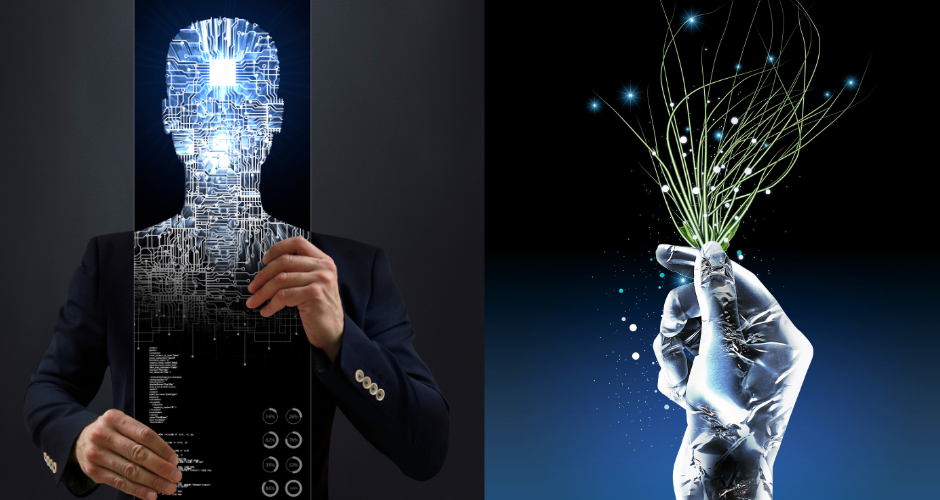Exploring the Future of Artificial Intelligence

As we stand on the precipice of a new era defined by unprecedented technological advancements, the future of Artificial Intelligence (AI) holds limitless potential and profound implications for society. From autonomous vehicles to intelligent virtual assistants, AI has already begun to transform the way we live, work, and interact with the world around us. However, the journey towards realizing the full potential of AI is just beginning, and the road ahead is marked by both promise and challenges. Let’s delve into what the future of artificial intelligence may hold.
Accelerated Innovation and Advancements
One of the most exciting prospects for the future of AI is the acceleration of innovation and advancements in the field. As computing power continues to increase and algorithms become more sophisticated, AI systems will become more capable of solving complex problems, learning from data, and adapting to new situations in real-time. This rapid progress will lead to breakthroughs in areas such as healthcare, transportation, finance, and beyond, unlocking new opportunities for growth and prosperity.
Human-AI Collaboration and Augmentation
Contrary to popular fears of AI replacing human workers, the future is likely to be characterized by human-AI collaboration and augmentation. AI systems will complement human expertise by automating routine tasks, analyzing vast amounts of data, and providing valuable insights to inform decision-making. This synergy between humans and machines will lead to increased productivity, creativity, and innovation across various industries, as humans focus on tasks that require emotional intelligence, critical thinking, and empathy.

Ethical and Responsible AI Development
As AI technologies become more pervasive, ethical considerations and responsible development practices will become increasingly important. Ensuring that AI systems are designed and deployed in a manner that is fair, transparent, and accountable will be essential for building trust and fostering societal acceptance. This includes addressing issues such as algorithmic bias, data privacy, and the societal impacts of automation. Ethical frameworks, regulatory oversight, and interdisciplinary collaboration will play a crucial role in guiding the development and deployment of AI in a manner that aligns with societal values and priorities.
Addressing Global Challenges
AI has the potential to address some of the most pressing global challenges facing humanity, including healthcare, education, climate change, and social inequality. AI-driven innovations in healthcare could lead to more accurate diagnostics, personalized treatments, and improved patient outcomes. In education, AI-enabled adaptive learning platforms could revolutionize how students learn, providing tailored instruction and support to meet individual needs. Furthermore, AI-powered solutions could help monitor environmental changes, optimize resource management, and mitigate the impacts of climate change, contributing to a more sustainable future for generations to come.

Continued Exploration and Discovery
The future of AI is inherently uncertain, and the possibilities are as vast as the imagination. As researchers, scientists, and innovators continue to push the boundaries of what is possible, new frontiers of discovery will emerge, offering glimpses into realms yet unexplored. Whether it’s the quest for artificial general intelligence (AGI), the exploration of new applications and domains, or the evolution of human-machine interaction, the future of AI promises to be a journey of continual exploration, discovery, and transformation.
In conclusion, the future of artificial intelligence is both exhilarating and daunting, marked by unprecedented opportunities and complex challenges. As we navigate this frontier, it is imperative that we approach AI development and deployment with foresight, responsibility, and a commitment to human values. By harnessing the power of AI for the greater good and ensuring that its benefits are equitably distributed, we can shape a future where AI serves as a catalyst for positive change, innovation, and progress for all.